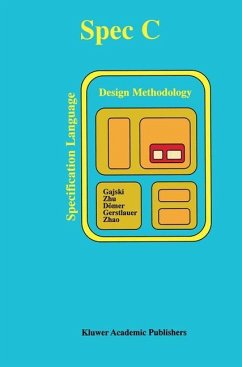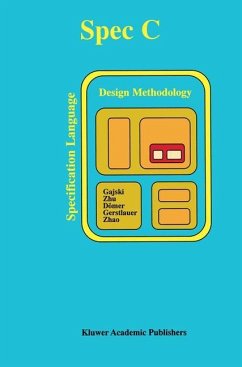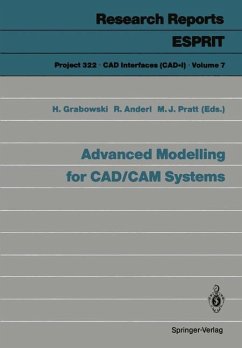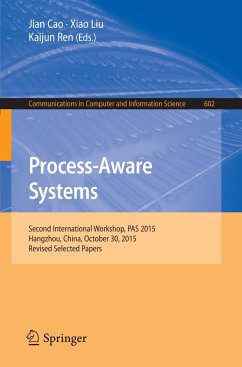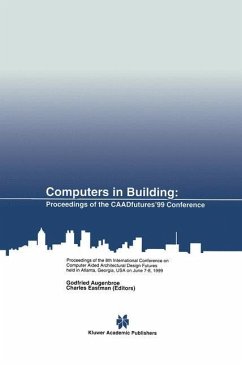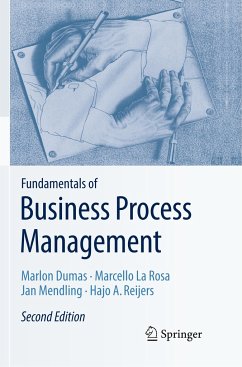
Collaborative and Distributed Chemical Engineering. From Understanding to Substantial Design Process Support
Results of the IMPROVE Project
Herausgegeben: Nagl, Manfred; Marquardt, Wolfgang

PAYBACK Punkte
39 °P sammeln!
IMPROVE stands for "Information Technology Support for Collaborative and Distributed Design Processes in Chemical Engineering" and is a large joint project of research institutions at RWTH Aachen University. This volume summarizes the results after 9 years of cooperative research work.The focus of IMRPOVE is on understanding, formalizing, evaluating, and, consequently, improving design processes in chemical engineering. In particular, IMPROVE focuses on conceptual design and basic engineering, where the fundamental decisions concerning the design or redesign of a chemical plant are undertaken....
IMPROVE stands for "Information Technology Support for Collaborative and Distributed Design Processes in Chemical Engineering" and is a large joint project of research institutions at RWTH Aachen University. This volume summarizes the results after 9 years of cooperative research work.
The focus of IMRPOVE is on understanding, formalizing, evaluating, and, consequently, improving design processes in chemical engineering. In particular, IMPROVE focuses on conceptual design and basic engineering, where the fundamental decisions concerning the design or redesign of a chemical plant are undertaken. Design processes are analyzed and evaluated in collaboration with industrial partners.
The focus of IMRPOVE is on understanding, formalizing, evaluating, and, consequently, improving design processes in chemical engineering. In particular, IMPROVE focuses on conceptual design and basic engineering, where the fundamental decisions concerning the design or redesign of a chemical plant are undertaken. Design processes are analyzed and evaluated in collaboration with industrial partners.





